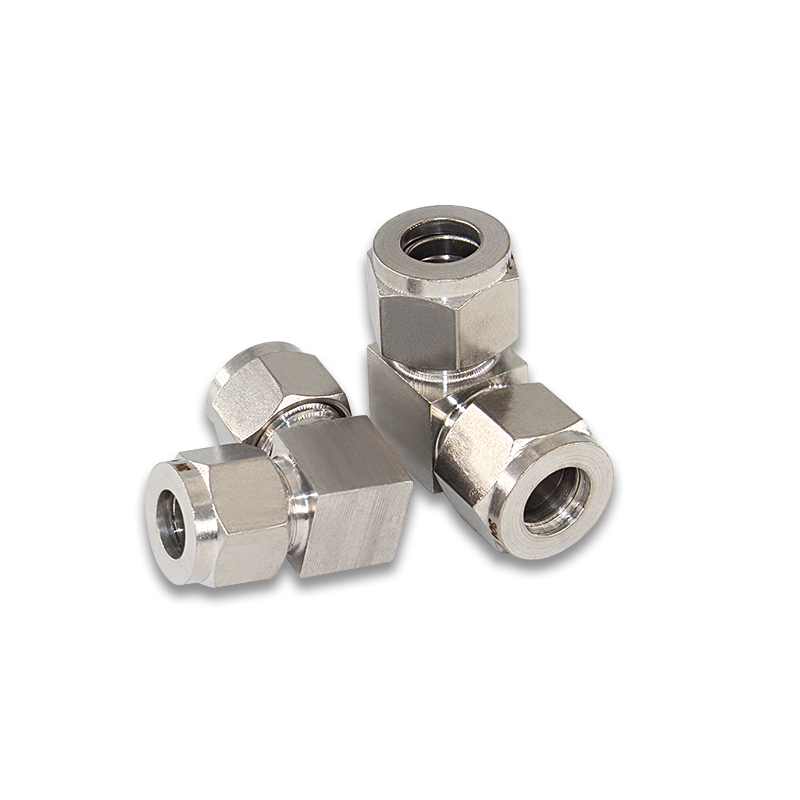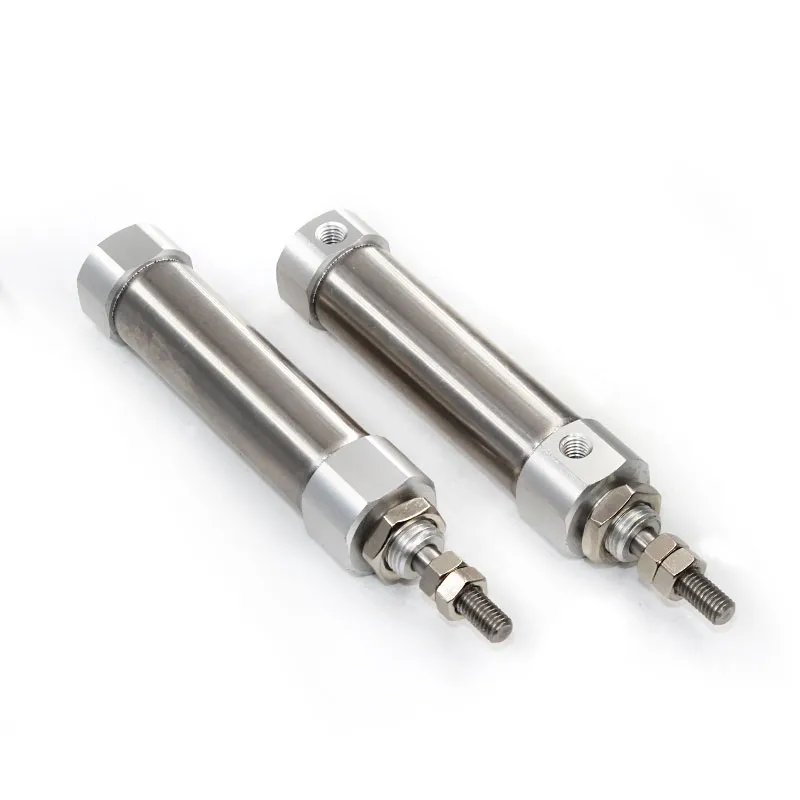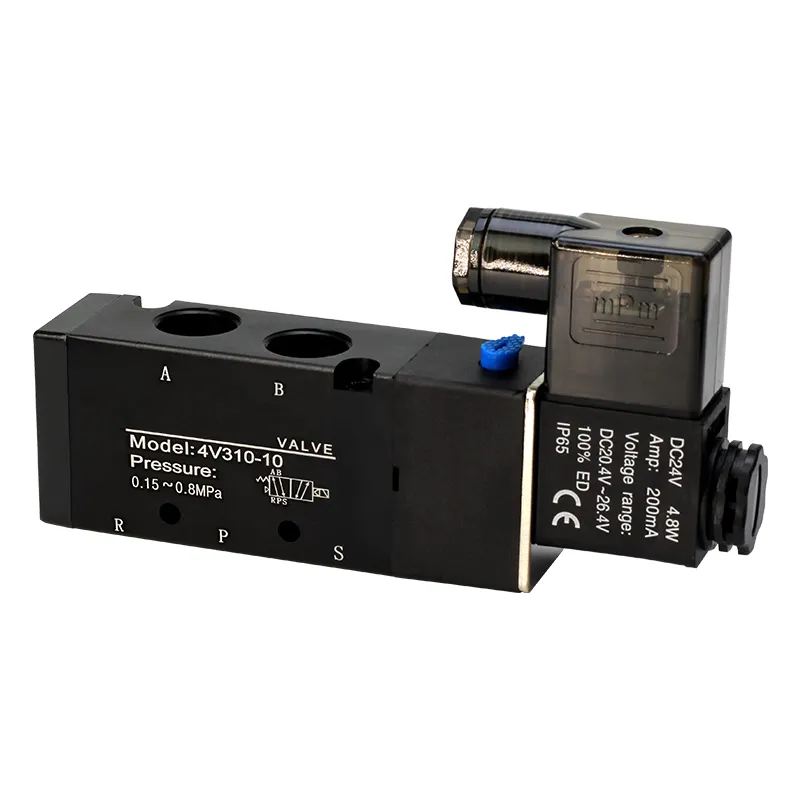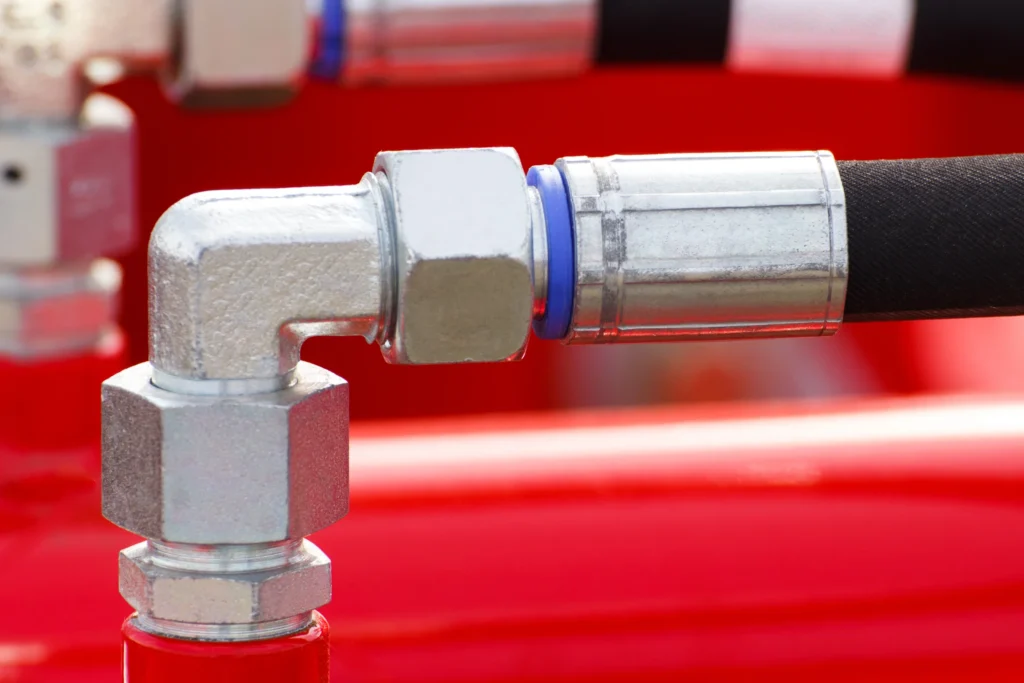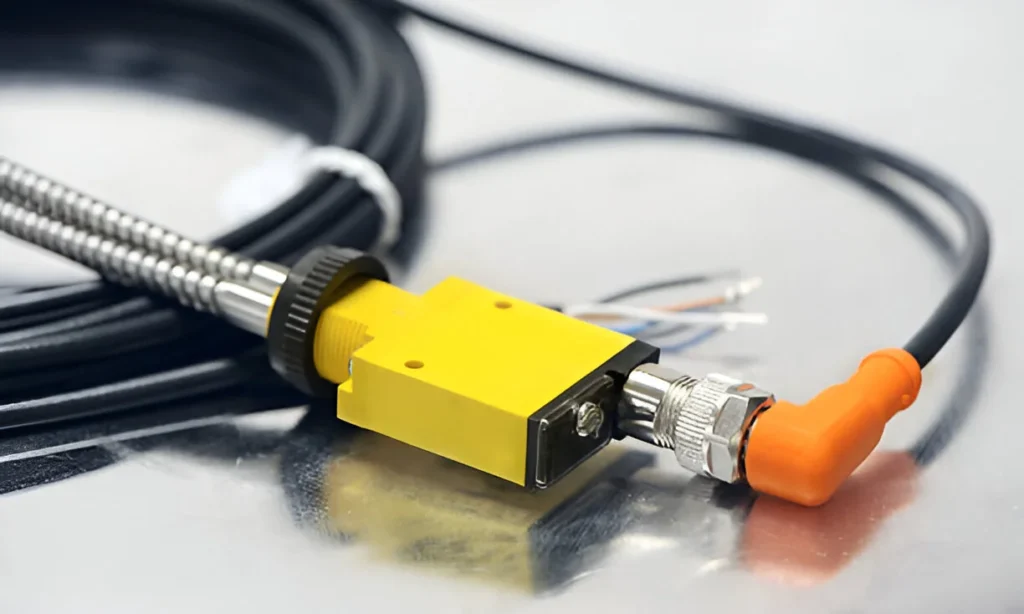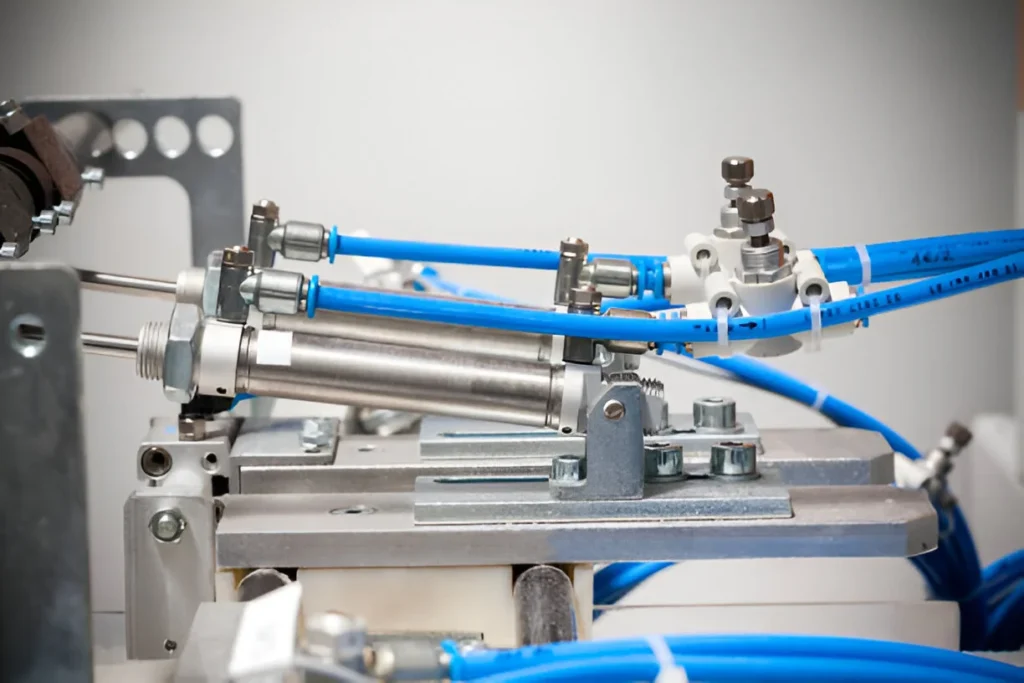Ferrule connectors are essential components used to secure and protect cable ends, improve electrical contact, and maintain connection integrity. Whether you’re in telecommunications, industrial automation, or data centers, understanding the materials and differences in ferrule connectors can greatly enhance your product selection and customer satisfaction.
In this article, we will dive deep into the material classification of ferrule connectors, their key features, and how to select the right ones for various applications. Along the way, we will also highlight popular, relevant long-tail keywords such as “Ceramic ferrule connectors for fiber optics” and “Durable ferrule connectors for industrial automation” to organically boost search visibility.
Basic Structure and Working Principle of Ferrule Connectors
A ferrule is essentially a small tube—metallic or non-metallic—that fits over the stripped end of a wire to hold the strands tightly together. The ferrule connector consists of several key parts:
| Component | Function |
|---|---|
| Front Ferrule | Forms the main seal, ensuring a firm cable connection |
| Back Ferrule | Clamps tightly around the front ferrule by applying radial pressure |
| Ferrule Nut | Secures the ferrule and connector body together |
| Connector Body | Provides interface and overall structure |
During assembly, turning the nut pushes the back ferrule, which tightly clamps the front ferrule in place, ensuring a secure and sealed connection. This design enables easy assembly, even force distribution, and excellent performance in key metrics like insertion loss and return loss.
Main Material Classifications and Features of Ferrule Connectors
1️⃣Ceramic Ferrules
- Common Materials: Zirconia ceramic, alumina ceramic
- Features:
- High precision and surface flatness, which ensure low insertion loss and high return loss for optical signals
- Excellent thermal stability, capable of withstanding high-temperature environments
- Typical Applications: Fiber optic communication, data centers, high-speed network connections
2️⃣Metal Ferrules
- Materials: Stainless steel and other metals
- Features:
- High mechanical strength and corrosion resistance, suitable for industrial and outdoor harsh environments
- Surface treatments (e.g., nickel plating) to enhance durability
- Typical Applications: Industrial automation, outdoor cabling
3️⃣Plastic Ferrules
- Materials: Polymers and composite plastics
- Features:
- Cost-effective and easy to manufacture, suitable for light-load and short-term use
- Poor heat resistance and corrosion resistance compared to ceramics and metals
- Typical Applications: Low-cost solutions, household devices
4️⃣Composite Ferrules
- Materials: High-performance plastic composites combining light weight and mechanical strength
- Features:
- Performance sits between ceramics and metals
- Ideal for applications requiring moderate strength and cost-effectiveness
| Material Type | Example Materials | Advantages | Disadvantages | Typical Applications |
|---|---|---|---|---|
| Ceramic | Zirconia, Alumina | High precision, heat resistant, low loss | Higher cost | Fiber optics, data centers |
| Metal | Stainless steel | Strong, corrosion resistant | Heavier weight | Industrial automation, outdoor |
| Plastic | Polymers, composites | Low cost, easy to manufacture | Low heat/corrosion resistance | Low-demand scenarios |
| Composite | High-performance plastics | Lightweight, moderate strength | Balanced performance | Cost-effective medium-load use |
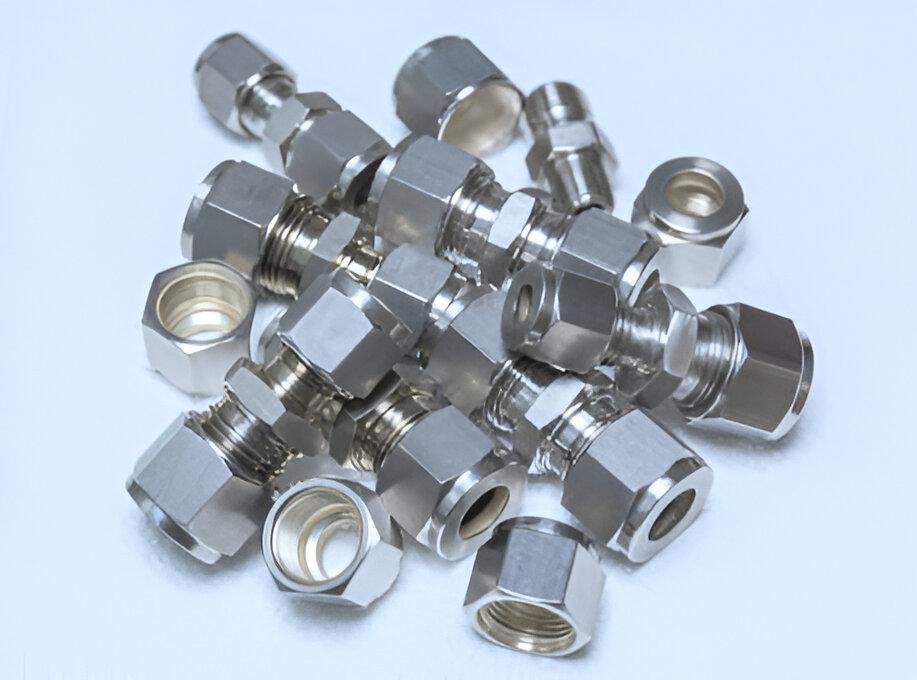
Ready to enhance your connection solutions? Contact us now for more customized ferrule connectors products and solutions tailored to your requirements!
Performance Comparison and Selection Guide for Different Ferrule Materials
When choosing the appropriate ferrule material, consider the following performance factors:
| Performance Criteria | Ceramic | Metal | Plastic | Composite |
|---|---|---|---|---|
| Precision & Transmission | Extremely high; low insertion loss | Moderate; affected by environment | Low; for non-critical use | Good; balanced performance |
| Mechanical Strength | High | Highest | Low | Medium |
| Environmental Resistance | Excellent | Excellent | Poor | Good |
| Cost | Higher | Mid to high | Low | Medium |
| Lifespan | Long | Long | Short | Medium |
| Recommended Applications | Telecom, fiber optic | Industrial, outdoor | Household, low requirements | Economical medium-load applications |
Selection tips:
- If your project involves fiber optic communication, ceramic ferrules are the best choice for ensuring extremely low signal loss and high stability.
- For industrial automation or harsh environments, metal ferrules provide superior corrosion resistance and mechanical strength.
- When budget constraints exist or the performance demands are low, plastic or composite ferrules offer cost-effective alternatives.
Market Trends and Application Prospects for Ferrule Connectors
With the rise of 5G, the Internet of Things (IoT), and smart manufacturing, the demand for high-performance ferrule connectors is growing rapidly. Telecom, data centers, and industrial automation sectors are placing higher demands on connector precision and reliability.
| Industry Application | Growth Drivers | Demand Trend |
|---|---|---|
| Telecom and Fiber Optics | 5G network expansion, data surge | Growing demand for high-precision ceramic ferrules |
| Industrial Automation | Upgrading to smart manufacturing and Industry 4.0 | Increasing demand for durable metal ferrules |
| IoT Devices | Dense sensor and device deployment | Rising adoption of lightweight composite ferrules |
| Data Centers | Cloud computing and big data | Continuous growth for high-precision connectors |
Moreover, many B2B buyers now emphasize product certifications (e.g., CE), reliability testing, and supply chain stability, which further motivates manufacturers to innovate in materials and production processes.
Understanding the differences and features of various ferrule connector materials is the first step toward making an informed choice. Ceramic ferrules excel with high precision and stability for high-speed fiber optic communication; metal ferrules offer exceptional durability and corrosion resistance for industrial use; plastic and composite ferrules provide economical and lightweight options suitable for less demanding applications.
Choosing the right material will not only improve connection performance but also extend equipment lifespan and ensure system stability. Whether you’re a purchaser in telecom, data centers, or industrial automation, selecting the appropriate ferrule connector that fits your needs is key to achieving optimal results.
FAQ
Q1: What are ferrule connectors used for?
Ferrule connectors secure and protect cable ends, ensuring stable electrical or optical connections across industries.
Q2: Which ferrule material is best for fiber optic cables?
Ceramic ferrules are ideal due to their high precision and low signal loss, perfect for fiber optic communication.
Q3: Are metal ferrule connectors suitable for harsh environments?
Yes, metal ferrules offer excellent mechanical strength and corrosion resistance, ideal for industrial and outdoor use.
Q4: Can plastic ferrule connectors be used in industrial settings?
Plastic ferrules are generally for low-demand or cost-effective applications and are not recommended for harsh industrial environments.
Q5: How do I choose the right ferrule connector for my application?
Consider your application’s precision, environmental resistance, mechanical strength, and budget to select ceramic, metal, plastic, or composite ferrules accordingly.

